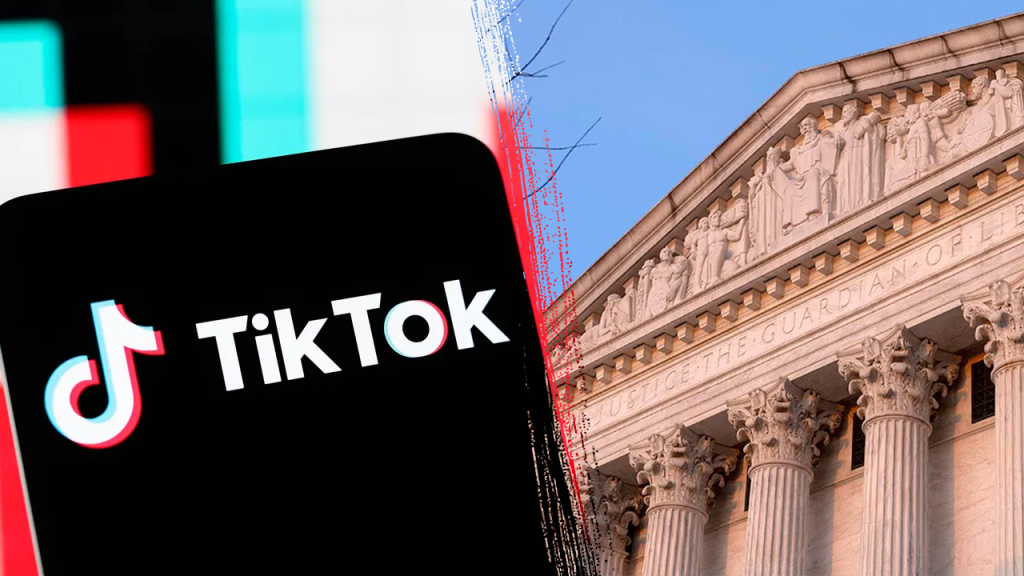The fate of TikTok in the United States hangs in the balance as the Supreme Court considers a law mandating its divestiture from Chinese parent company ByteDance or a nationwide ban. This high-stakes case pits national security concerns against First Amendment rights, impacting the estimated 170 million American users of the popular social media platform. The court’s expedited hearing, with a decision expected imminently, adds urgency to the matter, further complicated by the transition to a new presidential administration.
TikTok and ByteDance are challenging the Protecting Americans from Foreign Adversary Controlled Applications Act, passed by Congress in April 2024, arguing that the forced divestiture or ban infringes on the free speech rights of millions of Americans. They contend that the law represents an unprecedented effort to single out and suppress a major speech platform, violating First Amendment protections. TikTok’s legal team emphasizes that less restrictive alternatives should have been explored before resorting to an outright ban, particularly given the significant role the platform plays in online discourse. They argue that even with national security considerations, a speech ban should be the absolute last resort, urging the court to uphold the principle of free speech.
Counterbalancing TikTok’s free speech arguments are the national security concerns raised by Congress and the Biden administration. The government’s core argument centers on the potential for China, deemed a foreign adversary, to exploit TikTok for data harvesting, manipulation, and the dissemination of propaganda. The Biden administration asserts that China’s control over the app presents grave national security threats, with the potential for covert manipulation to advance geopolitical interests. The vast trove of user data collected by TikTok, they argue, could be weaponized for espionage or blackmail. This concern underscores the government’s position that the law targets China’s control of the app, not its content, thereby avoiding a direct infringement on free speech. The administration has submitted classified evidence under seal to bolster its case for a ban.
Adding a layer of complexity is the political backdrop to the legal proceedings. President-elect Trump has expressed a “warm spot” for TikTok and met with its CEO, suggesting a potential shift in approach compared to the current administration’s stance. This has prompted TikTok’s lawyers to request an interim injunction, allowing the incoming administration time to formulate its position. Trump’s attorneys have also filed a brief with the Supreme Court seeking a delay in any decision until after his inauguration, leaving the future course of action unclear.
The case has also sparked debate within Congress. Some lawmakers, including Senators Rand Paul and Edward Markey, and Representative Ro Khanna, have filed a brief opposing the ban, arguing that the evidence presented does not justify overriding First Amendment protections. They caution against using national security claims to justify censorship, citing historical examples of such overreach. They advocate for less drastic measures that address data security concerns without curtailing free speech. Conversely, Senator Mitch McConnell has strongly supported the ban, emphasizing the need to address the potential national security threat posed by TikTok’s Chinese ownership.
The Supreme Court’s decision in this case will have far-reaching implications for the future of online speech, the balance between national security and individual rights, and the regulation of technology platforms. It will set a precedent for how the government addresses perceived threats from foreign-owned tech companies and the extent to which national security concerns can justify restrictions on access to widely used communication platforms. The court’s ruling will undoubtedly shape the digital landscape and the relationship between government and technology in the years to come. The delicate balancing act between protecting national security and upholding fundamental freedoms lies at the heart of this legal battle, with the outcome resonating beyond TikTok’s immediate fate.

